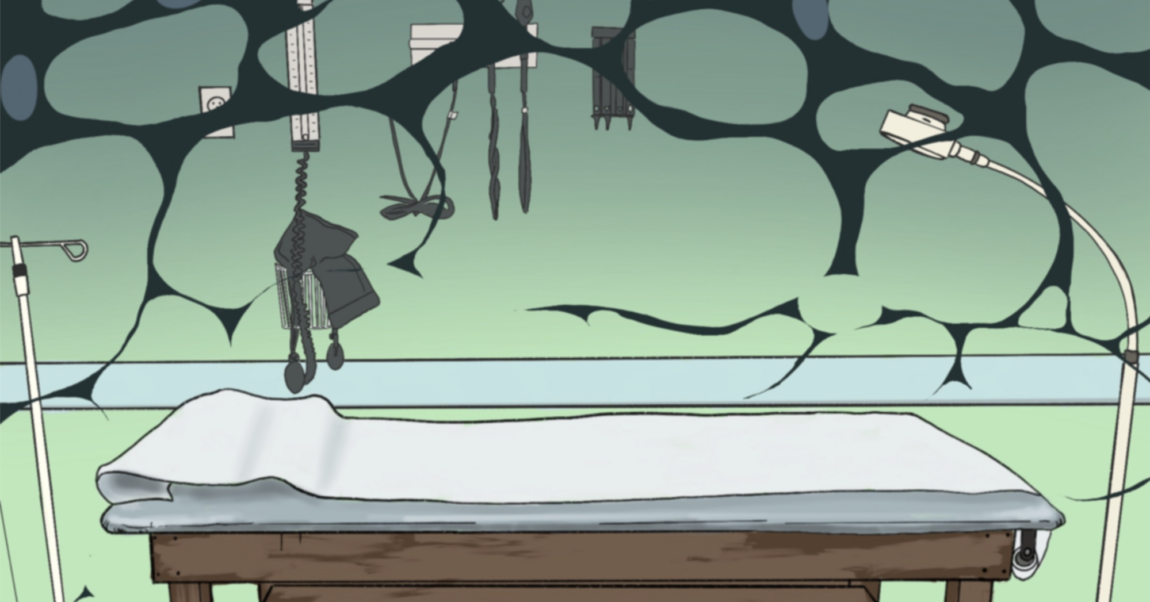The Reality of Illness and Attention-Seeking Behavior on Social Media
Core Concepts
The author delves into the complex dynamics of illness authenticity and attention-seeking behavior online, highlighting the blurred lines between genuine suffering and exaggerated claims.
Abstract
The content explores the story of a woman, F., who shared her health struggles on Instagram, only to face accusations of faking her illnesses. It delves into the rise of online communities dedicated to unmasking supposed "illness fakers" while questioning the authenticity of chronic ailments. The narrative navigates through personal experiences with misdiagnoses, societal skepticism towards functional disorders like IBS, and the challenges faced by patients in being believed by medical professionals. It sheds light on the internal struggles of patients labeled as "bad patients" for seeking validation and understanding in a system that often dismisses their suffering.
Translate Source
To Another Language
Generate MindMap
from source content
Visit Source
www.thedriftmag.com
The Bad Patient
Stats
In July of 2022, a woman posted a selfie from the hospital after being told she was on life support for her blood pressure.
By September, she was dead.
Chronic pancreatitis took a toll on F., leading to moments where she no longer wanted to live.
The subreddit r/illnessfakers aimed to expose individuals feigning or exaggerating illnesses for attention or profit.
Users accused F. of fabricating her medical crises despite her documented struggles.
The rise of factitious disorder (Munchausen's syndrome) is attributed to people willing to die for attention in today's age.
Functional disorders like IBS are often dismissed due to normal test results but clear patient distress.
Patients with functional disorders are sometimes perceived as overly observant or psychosomatic in their symptoms perception.
Quotes
"She was genuinely striving to be sooper sick, but she did it to herself."
"She’s doing all this to herself... She was never in ICU on life support."
"I’m just so tired of always feeling like a criminal when I go to the doctor."
"It’s rare to accuse people of outright lying about their health, but believing that they are telling the truth is another matter."
Deeper Inquiries
What impact does social media have on shaping perceptions of illness authenticity?
Social media plays a significant role in shaping perceptions of illness authenticity by providing a platform for individuals to share their health struggles publicly. This can lead to both positive and negative consequences. On one hand, social media allows for the creation of virtual communities where individuals with similar conditions can connect, offer support, and share experiences. It can help reduce feelings of isolation and provide a sense of belonging for those dealing with chronic illnesses.
However, on the other hand, social media also opens the door to skepticism and scrutiny from others who may question the authenticity of an individual's illness. Platforms like Instagram or TikTok can be used by some individuals to exaggerate or fabricate their health issues for attention or validation. This behavior can contribute to a culture of disbelief towards those genuinely suffering from chronic illnesses.
The case mentioned in the context where a woman faced accusations on Reddit's r/illnessfakers subreddit demonstrates how social media platforms can amplify doubts about someone's illness authenticity based solely on online posts. The ability for users to hide behind anonymity often leads to harsh judgments without considering the real person behind the screen.
How can healthcare providers better differentiate between genuine suffering and fabricated claims?
Healthcare providers face challenges in distinguishing between genuine suffering and fabricated claims due to various factors such as subjective symptoms, complex medical histories, and potential biases. To improve this differentiation process:
Comprehensive Assessment: Healthcare providers should conduct thorough assessments that include physical examinations, diagnostic tests, and consultations with specialists when necessary. Objective data obtained through these methods can help validate patients' reported symptoms.
Establish Trusting Relationships: Building trusting relationships with patients is crucial in understanding their experiences accurately. Providers should create open communication channels where patients feel comfortable sharing information without fear of judgment.
Multidisciplinary Approach: In cases where symptoms are unclear or overlap with psychological factors, involving multidisciplinary teams comprising medical professionals from different specialties (e.g., psychiatrists, pain management specialists) can provide comprehensive insights into the patient's condition.
Educational Initiatives: Continuous education programs for healthcare professionals focusing on recognizing signs of factitious disorders like Munchausen’s syndrome are essential in improving detection accuracy while maintaining empathy towards all patients.
5 .Cultural Competency Training: Sensitivity training that addresses cultural differences in expressing pain or seeking medical care is vital as it helps prevent misinterpretations based on stereotypes or biases related to gender, race, or socioeconomic status.
In what ways can society support individuals struggling with chronic illnesses without contributing to skepticism or stigma?
Society plays a critical role in supporting individuals battling chronic illnesses by fostering understanding, empathy,and creating inclusive environments free from skepticism or stigma:
1 .Education & Awareness Campaigns: Promoting awareness about various chronic illnesses through educational campaigns helps debunk myths surrounding these conditions while encouraging compassion towards affected individuals.
2 .Empathy & Validation: Society must prioritize empathetic responses when interacting with those facing chronic illnesses insteadof dismissing their struggles.Simply validating their experiencesand offering emotional supportcan goa long wayin reducing feelings ofskepticismor stigmatization.
3 .Advocacy & Policy Changes: Advocatingfor policies that protectthe rightsand dignityofindividuals livingwithchronicillnessesis crucial.This includes ensuring equal access totreatment,optionsfor workplace accommodations,and anti-discrimination measures.
4 .Support Groups& Community Engagement: Establishing local support groupsor online communitieswhereindividuals cansharetheir stories,support eachother,and find solidaritycan combatfeelings ofsolationandinvalidatestigmaassociatedwithchronicillnesses.
5 .Promotionof Mental Health Services: Recognizingthat managingachronicillnessoftencomeswithmentalhealthchallenges,societyshouldpromote accessto mentalhealthservicesand destigmatize seekingprofessionalhelpforpsychologicalsupportalongsidephysicaltreatments.
By implementingthese strategiesandsupportiveactions,societycancultivateanenvironmentthatiswelcoming,inclusive,andempathetictowardsindividualslivingwithchronicillnessesthushelpingtoeradicatestigmasurroundingthesediseaseswhileprovidingmuch-neededsupportandreassuranceforthosedealingwiththem

